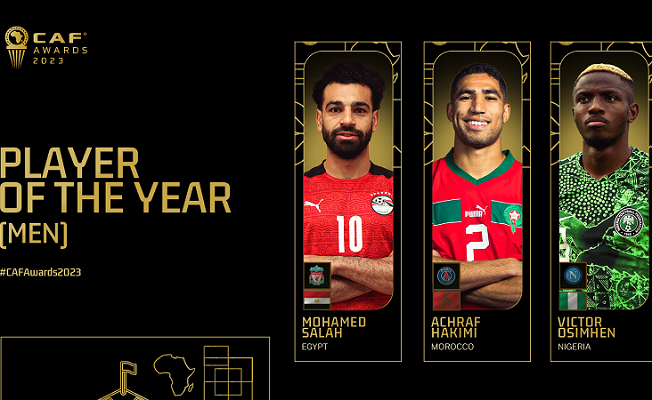The Nigerian Midstream and Downstream Petroleum Regulatory Authority has commenced consultations with stakeholders on seven new regulations in the sector.
The new regulations to be considered include the midstream and downstream petroleum anti-competition and customer protection regulations 2023; petroleum code of conduct regulations, 2023; and petroleum data depository regulations, 2023.
Others are petroleum disposal of confiscated materials and equipment regulations 2023; petroleum registration and publication of licenses, permits and authorisations regulations, 2023; petroleum separation of licensed activities and surrender of licence or permit regulations 2023, as well as petroleum third-party access and open access regulations, 2023.
NMDPRA and stakeholders considered the regulations at a stakeholders consultation meeting, on Wednesday.
Advertisement
Speaking on the issue, Ogbugo Ukoha, systems, storage and retailing infrastructure, NMDPRA, said the rules cover consumer protection measures, market principles, stopping anti-competitive activity, and how complaints from customers in Nigeria’s midstream and downstream petroleum sector are resolved.
“The regulations address market principles, prevention of anti-competitive behaviour, customer protection measures, and the procedures for the determination of complaints from customers in the Nigerian midstream and downstream petroleum industry,” Ukoha, said.
Ukoha said there would be sanctions and penalties for failure to comply with the regulations, and urged operators in the sector to ensure compliance once the laws become operational.
Advertisement
“The PIA requires the authority to regulate the mid and downstream sectors of the oil industry. And in fulfilment of that, the authority is at Phase 5 of its regulations. In the first instance, we have drafted and gazetted 16 regulations, followed by another set of four regulations that are awaiting gazetting,” he said.
“Today we are kicking off another tranche of seven regulations for consideration. The PIA also requires us to always consult with stakeholders each time we want to draft or gazette a regulation. This is because the responses we get from them enriches the regulations.
“The regulations are meant to be complied with by operators and that is where we stand today, working with the operators to finalise these regulations, so that they will by themselves comply with those regulations.
“One of the seven regulations speaks to competition and corporate governance within the sector, something that by our own culture, begs for improvement.”
Advertisement
He added that the regulations will bring more sanity into the value chain.






